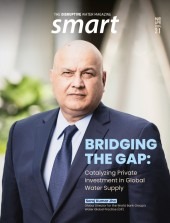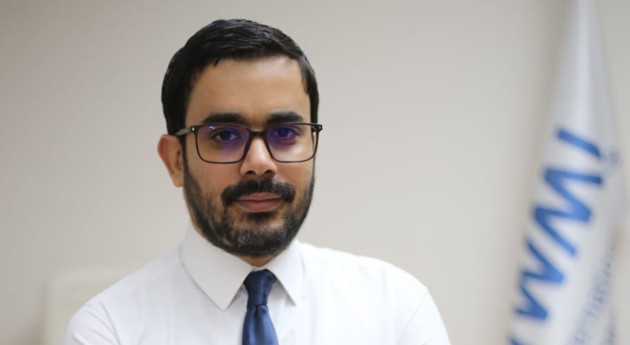Water security has long been a pressing concern in the Middle East and North Africa (MENA) region, given its arid and semi-arid climate, rapid population growth, and socio-political complexities. Climate change poses a significant threat to water security in the MENA region, exacerbating existing challenges such as water scarcity, droughts, and desertification. Political unrest in the MENA region has added layers of complexity to the challenge of water security. Conflict, governance issues, and geopolitical tensions have significantly strained water resources management. Furthermore, internal conflicts and displacement have disrupted infrastructure and institutions, hindering effective water governance and management.
From an economic perspective, MENA is deeply interconnected with the global economy, and fluctuations in global markets can have profound implications for water security. Economic downturns can strain government budgets and hinder investment in water infrastructure and conservation efforts. Moreover, dependence on oil revenues in many MENA countries makes them particularly vulnerable to fluctuations in energy prices, further complicating efforts to ensure water security in the face of economic uncertainty.
In light of these complexities, rethinking the work towards water security in the MENA region is imperative. Traditional approaches focused on ensuring access to an adequate quantity of water must be expanded to encompass broader dimensions of security, resilience, sustainability, and equity. This requires a shift towards integrated multifaceted and pragmatic approaches that address the complex interplay of such a complex “new normal”.
Approaches focused on access to an adequate quantity of water must expand to encompass security, resilience, sustainability, and equity
One of the systemic transformations that are essential for navigating this polycrisis is adopting a Land-Water-Energy (LWE) nexus framework in the governance of these resources. By considering, holistically, the interdependencies between the scarce land, water, and energy resources, the identification of synergies and trade-offs will be possible to ensure efficient resource use.
Many geopolitical tensions and conflicts in the MENA region revolve (directly or indirectly) around competition for scarce resources, including land, water, and energy. By addressing the root causes of resource scarcity and promoting equitable resource allocation, the LWE nexus framework can help mitigate conflicts, foster regional cooperation, and promote peacebuilding efforts. Transboundary cooperation on shared resources, such as river basins, becomes essential under the LWE nexus approach to ensure sustainable management and equitable benefits for all stakeholders.
As another transformative solution for water security in MENA, Early Warning Systems (EWS) revealed to be critical tools for enhancing preparedness and response to various shocks, including conflicts and climate extremes. Their importance lies in their ability to help in: (1) risk identification and assessment by monitoring indicators such as social tensions, environmental degradation, and meteorological parameters to detect potential threats including to the water systems; and (2) timely response and preparedness by providing advance notice of impending hazards or threats.
In conclusion, as the MENA region grapples with the “new normal” characterized by political unrest, economic uncertainty, and climate vulnerability, reimagining water security is critical. By adopting a more holistic and adaptive approach such as the LWE nexus and using innovative and data-based tools such as Early Warning Systems, policymakers and all other stakeholders (including the private sector and the scientific community) can better address the multifaceted challenges facing the region and safeguard the availability and quality of water resources for future generations and the natural ecosystems.





